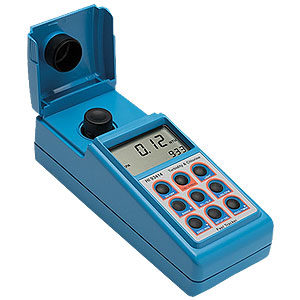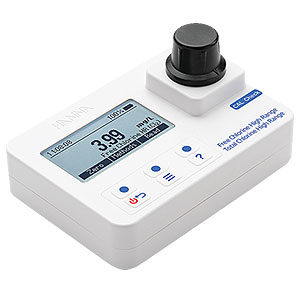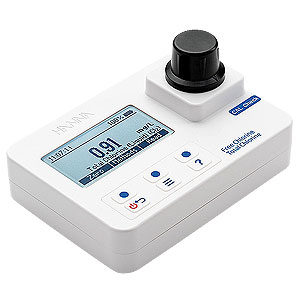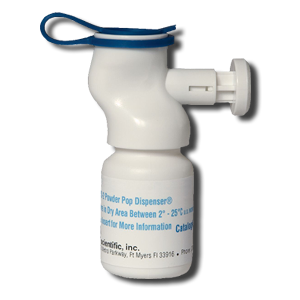
The Hanna Turbidity and Chlorine HI93414 is a high accuracy Handheld analyzer. Combining nephelometer and photometer to measure key parameters in drinking water. calibration and performance verification is ensured with the supplied AMCO-AEPA-1 primary turbidity standards and NIST traceable secondary…





